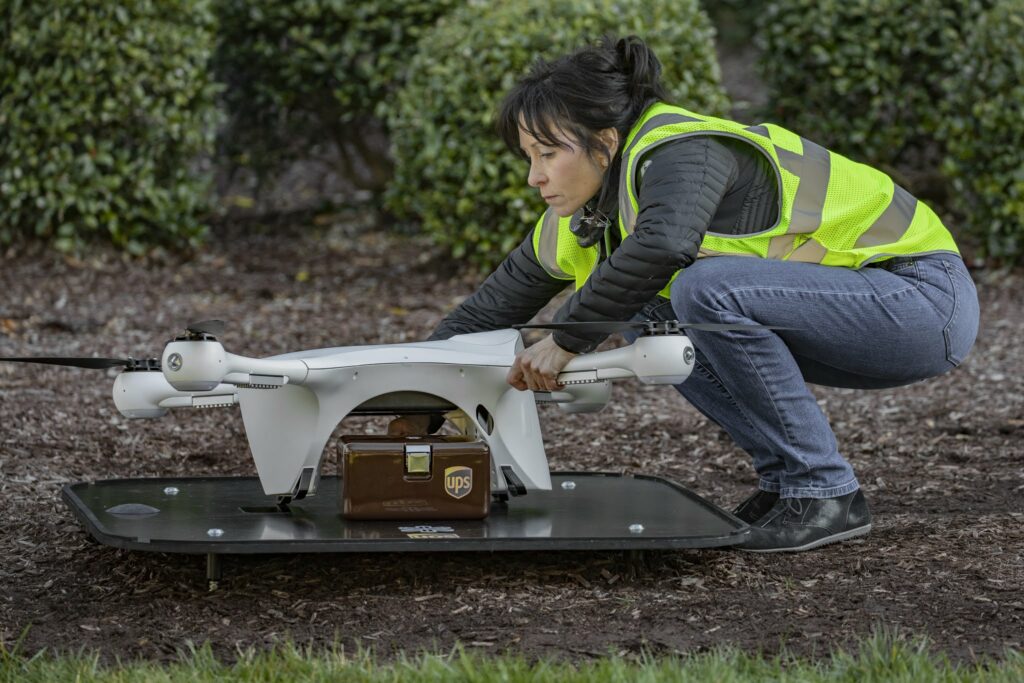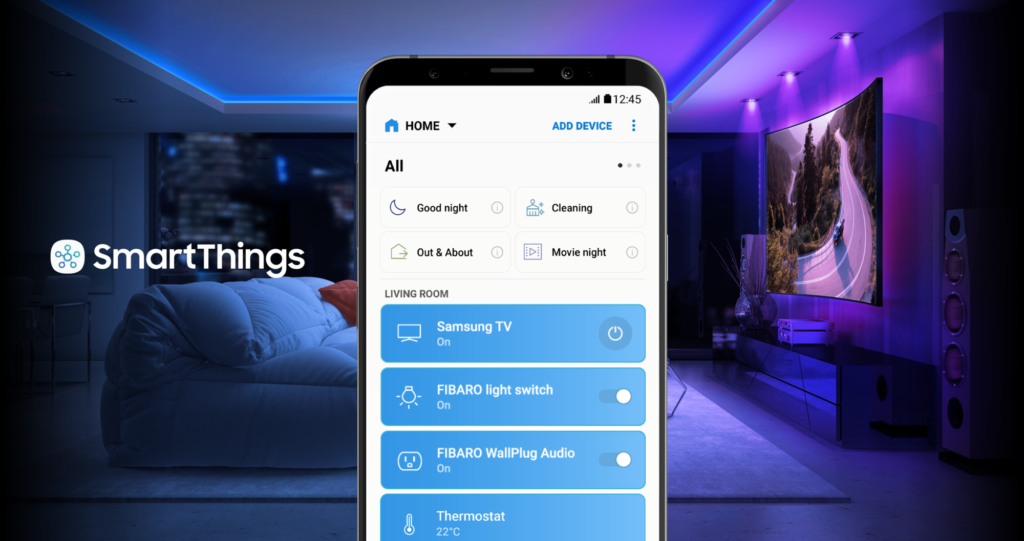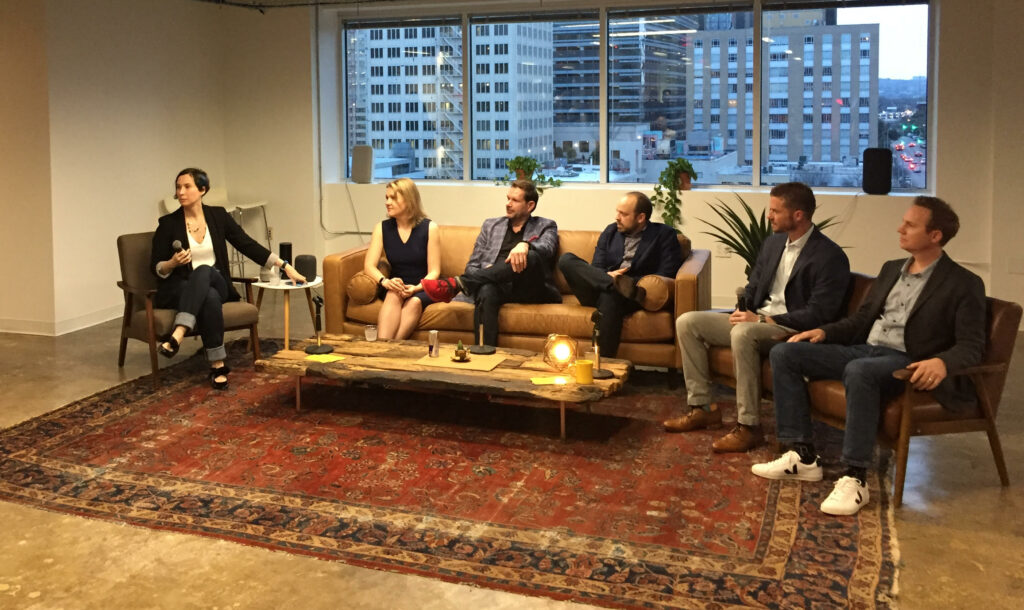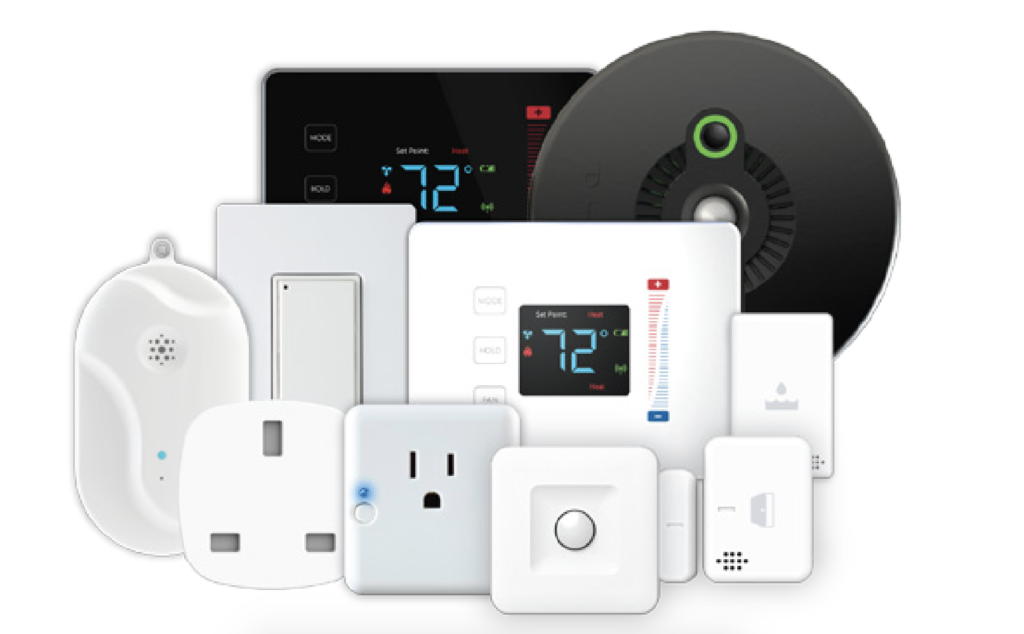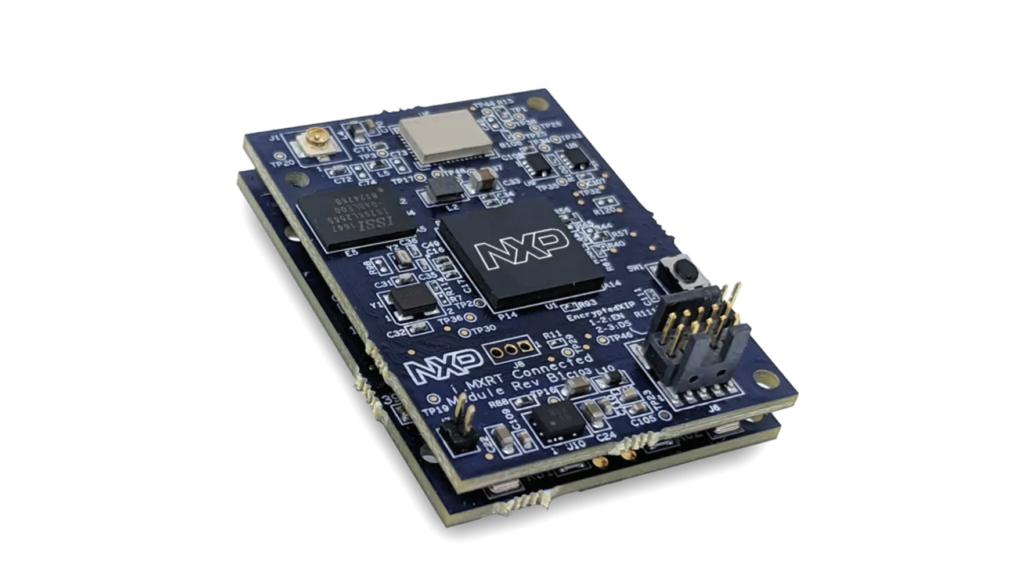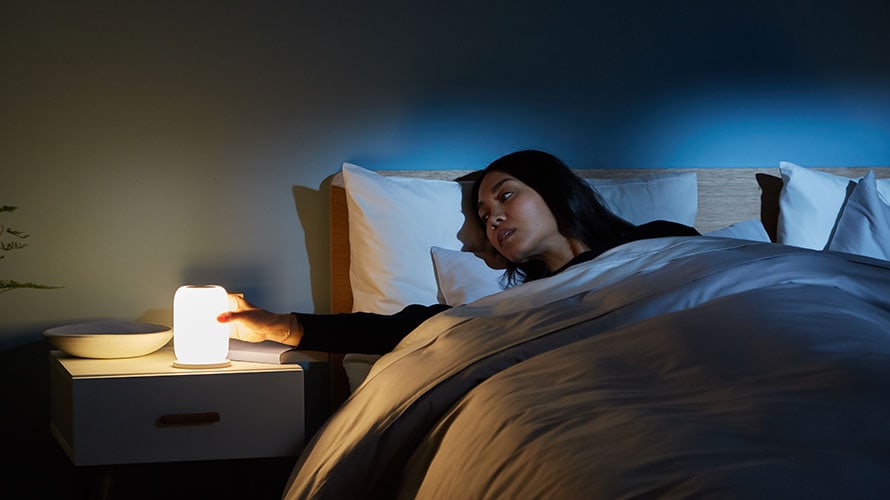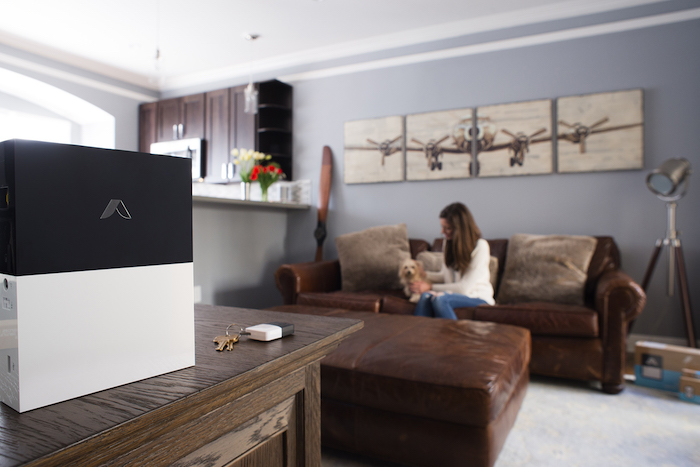This week Kevin and I spend a chunk of the podcast discussing the end of Stringify and the other options available to users. We also talk about the need for an easy way to transfer automations from one system to another. After that, we tackle Google’s Anthos cloud platform and what it means for the IoT and edge before veering back to consumer news with IKEA’s partnership with Sonos. Then we cover the plethora of smart cameras at the ISC trade show, more details about Google’s mysterious Mistral board, a new HomeKit device from Eve, and JD Powers getting into the IoT. We close by answering a question about stopping your friends from telling your Google Home what to do.
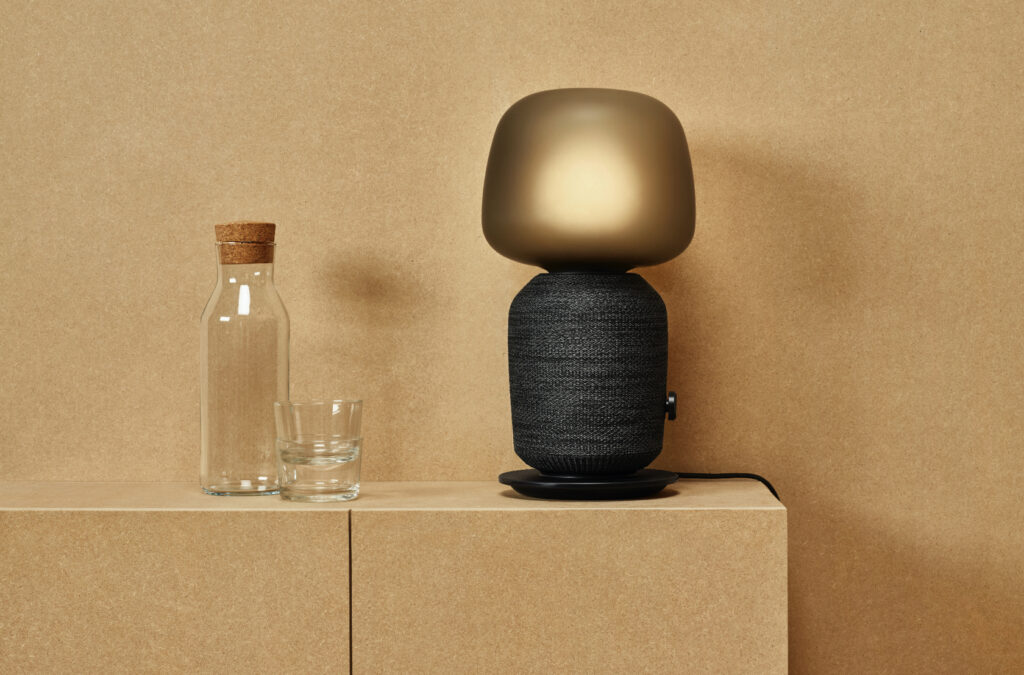
Our guest this week is Andy Coravos who is the CEO of Elektra Labs, a startup that is trying to create scientifically accurate benchmarks for medical devices. The early audience is pharma companies who want to remotely monitor participants in clinical trials and need to know if the step counter on the Apple Watch or the heart rate monitor on the Fitbit is accurate. Coravos was also a former EIR at the Food and Drug Administration, and she talks about the steps the agency is taking to regulate digital health products without standing in the way of innovation and security. It’s a great conversation.
Hosts: Stacey Higginbotham and Kevin Tofel
Guest: Andy Coravos, CEO of Elektra Labs
Sponsors: SoftwareAG and IoTWorld
- Throwing in the towel on Wink and the tinkerer’s smart home
- Google performed some sweet jujitsu with Anthos
- Smart cameras are boosting demand for AI at the edge
- How to eliminate the threat of digital snake oil in connected health
- What other agencies can learn about regulating the IoT from the FDA
Podcast: Play in new window | Download | Embed
Subscribe: RSS


